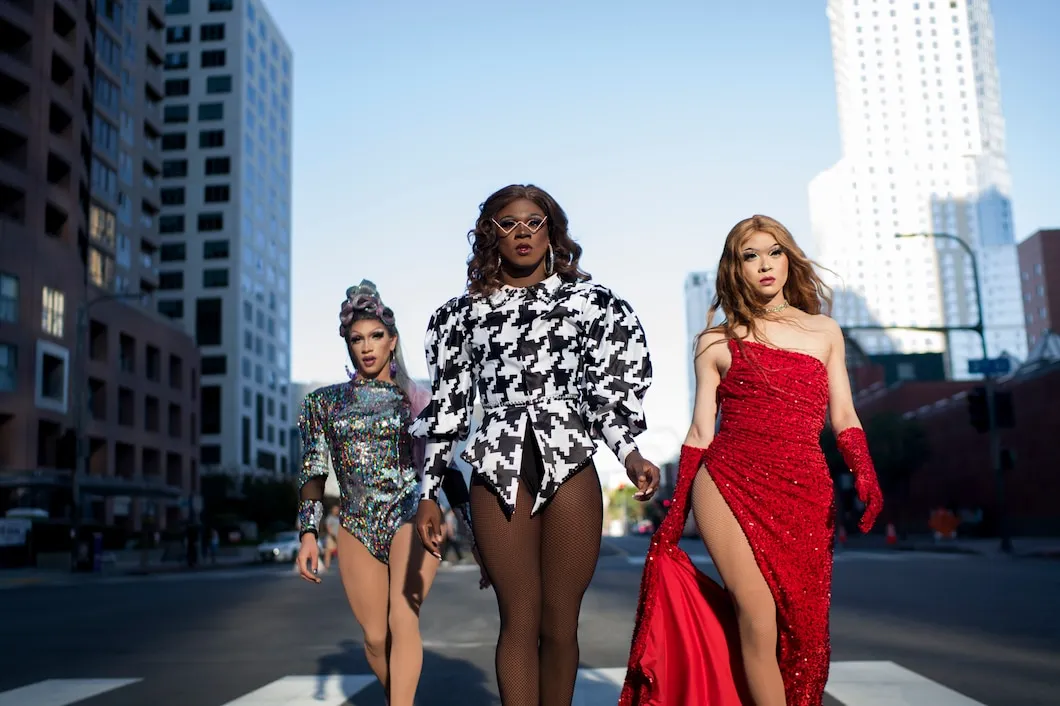Introduction
Africa’s fashion industry is undergoing a transformation, thanks to the rise of circular fashion. This innovative model is gaining momentum across the continent, providing a sustainable alternative to traditional fashion practices. Circular fashion focuses on reusing and recycling garments to reduce environmental impact while promoting sustainability in fashion production.
The Benefits of Circular Fashion for Africa
Circular fashion offers numerous benefits to the African fashion industry. It not only helps reduce textile waste but also supports local economies by creating jobs in the recycling, upcycling, and repurposing sectors. By focusing on sustainability, African fashion brands can meet the growing demand for eco-friendly products while contributing to the global circular economy.
Key Players in Africa’s Circular Fashion Movement
In Africa, several designers and brands are pioneering the circular fashion movement. By using recycled materials, organic fabrics, and sustainable production methods, these innovators are setting the stage for a more sustainable and ethical fashion industry. They are also collaborating with local artisans and communities to create sustainable products that resonate with eco-conscious consumers.
How Circular Fashion Is Redefining Africa’s Fashion Landscape
Circular fashion is not just about reducing waste—it’s also about creating a new fashion culture that values quality over quantity. With more African consumers becoming aware of the environmental impact of their fashion choices, the demand for sustainable, circular fashion continues to rise. By supporting local artisans and upcycling materials, circular fashion is reshaping the African fashion landscape and offering a more ethical and sustainable approach to dressing.
Conclusion
The circular fashion movement is revolutionizing the African fashion industry, offering a pathway to sustainability and reducing the negative environmental impacts of fast fashion. As more designers, consumers, and brands embrace this eco-conscious approach, Africa is poised to become a leader in sustainable fashion.

